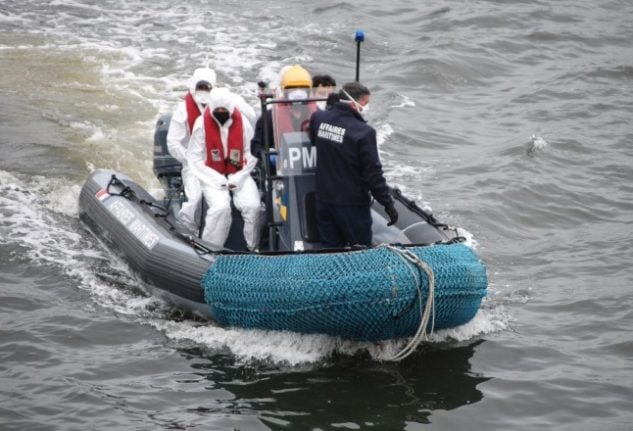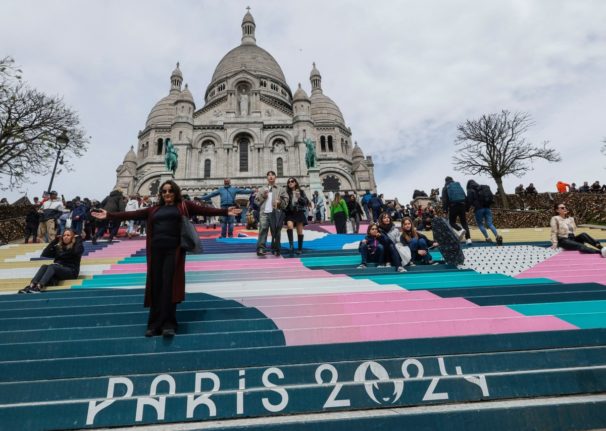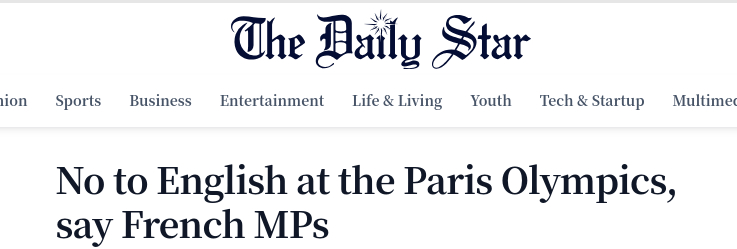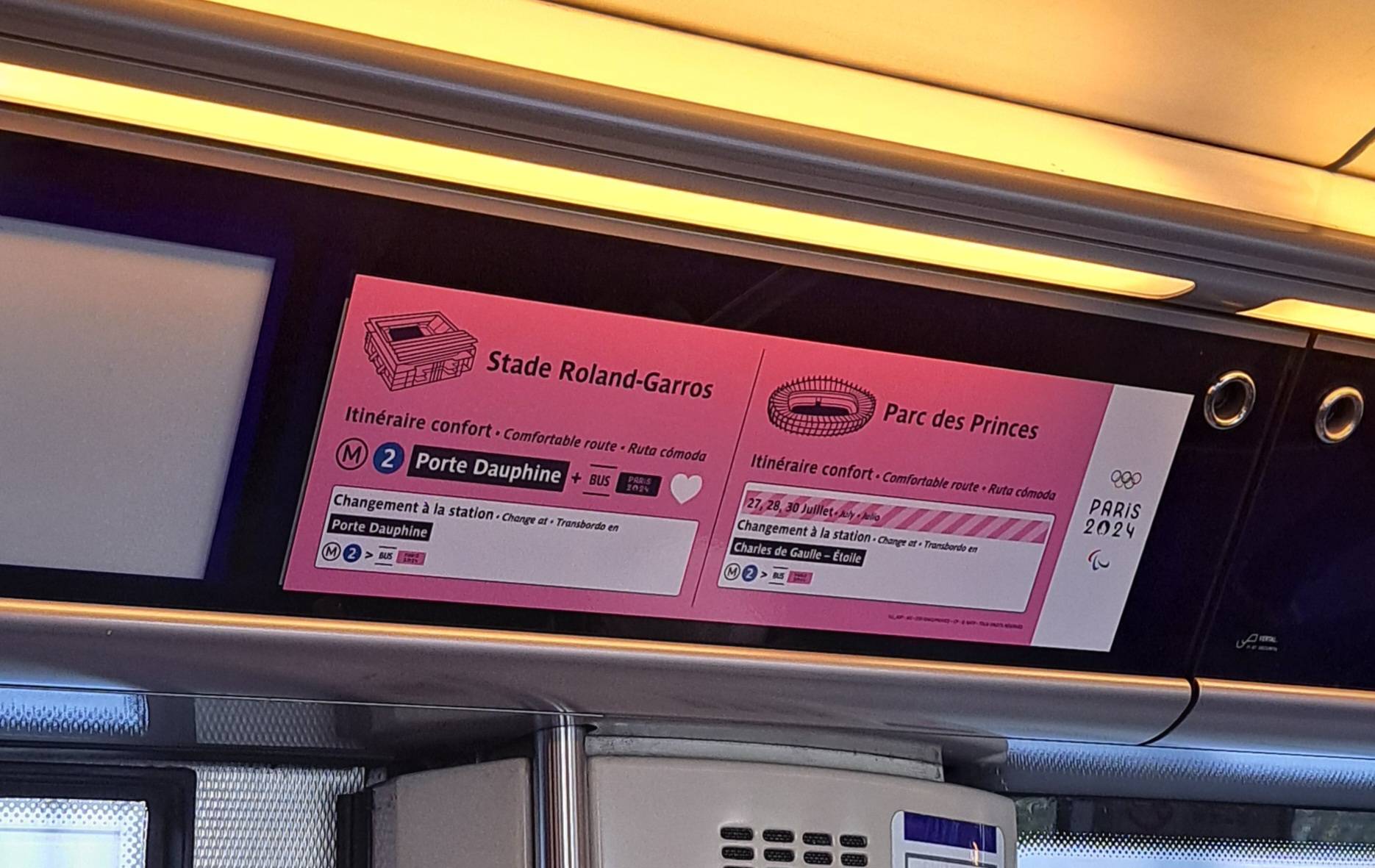“The purchase of canoes will no longer be possible” in Decathlon stores in Calais and Grande-Synthe near Dunkirk, “given the current context,” the retailer told AFP, confirming local media reports.
The items sold from the stores were not being used for their original sporting purpose, but “could be used to cross the Channel,” it said. In such cases, “people’s lives would be endangered,” the retailer argued.
The stores themselves had decided to stop selling the canoes and management had approved the decision, Decathlon said.
The canoes will continue to be available for online purchase and in other stores. Other safety equipment, such as life-jackets and thermal protection will also still be sold in the Calais and Grande-Synthe stores.
READ ALSO What the French are doing to stop migrant crossings
ROn Friday, three migrants were reported missing after trying to cross the Channel to Britain in canoes, as the number of crossings soars.
Two canoes were found adrift off Calais on Thursday and two people were fished out of the water.
Earlier on Tuesday, French police cleared a major migrant camp that was home to around a thousand people hoping to reach Britain. Tensions are high between London and Paris over English Channel crossings.
A record number of migrants crossed the Channel in small boats last Thursday – 1,185 according to British figures – which the British government described as “unacceptable”.
READ ALSO: ‘The maximum’: What France is doing to prevent migrant crossings to UK
French Interior Minister Gerald Darmanin spoke to his British counterpart Priti Patel on Monday, but only after giving a blunt interview in which he said Britain should “stop using us as a punch-bag in their domestic politics“.
The French authorities said they carried out 10 separate operations Tuesday in which they rescued 272 migrants who were trying to cross the Channel to England aboard makeshift boats, some of them in difficulty.
Maritime officials said they were taken to the ports of Calais, Dunkirk and Boulogne-sur-Mer where they were looked after by the border police and firefighters.
Maritime Prefect Philippe Dutrieux said around 15,400 migrants have tried to make the dangerous Channel crossing between January 1 and August 31, with some 3,500 of them rescued from boats in distress and brought to French shores.
In 2020, some 9,500 people crossed the Channel or tried to do so, compared to 2,300 in 2019 and 600 in 2018.





 Please whitelist us to continue reading.
Please whitelist us to continue reading.
Member comments